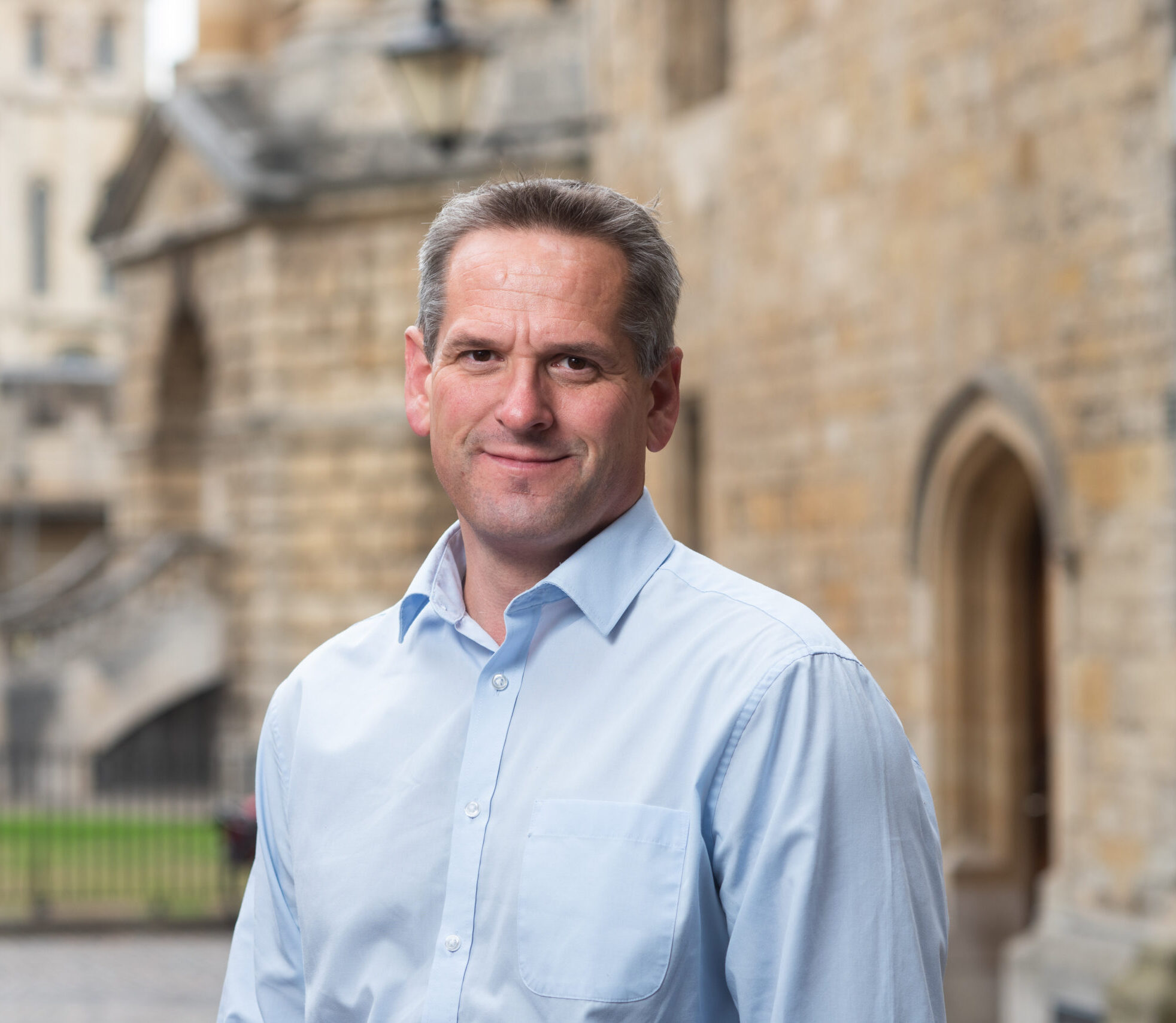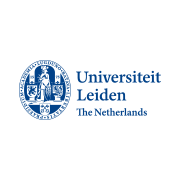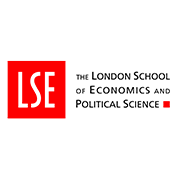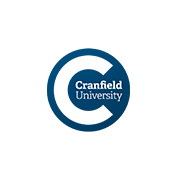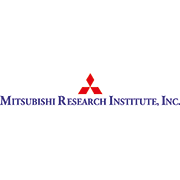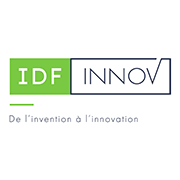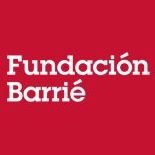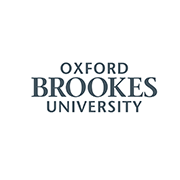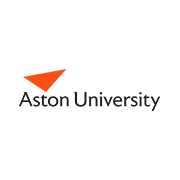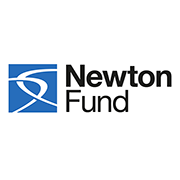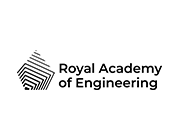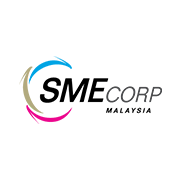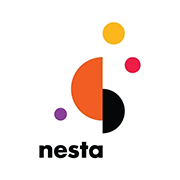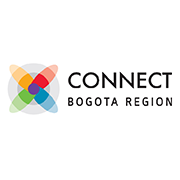Perspectives on knowledge exchange from the Amazon.
Technology transfer has historically been quite a transactional affair. Whether it’s a material transfer agreement or technology licensing agreement – at some point, money changes hands.
The game is simple. The knowledge asset owner tries to maximise the value of their innovation, and the knowledge acquirer tries to negotiate the best price they can.
It’s a simple seller – buyer relationship.
But then along comes ‘society benefit’, and public-funded research assets – such as those out of university settings, realise there is value they can deliver that goes beyond economic benefits of the buyer.
In 1959 Volvo effectively made their patented three-point seat belt royalty free and available for all manufacturers to use; prioritising society benefit over corporate profits.
And more recently, Oxford University limited its partner’s ability to profiter from the Oxford-Astra Zeneca covid vaccine by insisting 1bn vaccine doses were supplied at cost. Purpose trumped profit. We hope this trend continues and knowledge exchange opportunities don’t just go to the highest bidder, but to partners who can also deliver the greatest socio-economic impact out of public-funded intellectual assets – that are ultimately funded by the taxpayer.
I think we have just observed how this trend can be taken to the next level.
We were recently asked by the GROW programme (a flagship research programme to support better management of Colombia’s biodiversity), to design and deliver a workshop to catalyse more effective access and benefit sharing of Colombia’s bioresources. This country is the second most biodiverse place on Earth, and holds a grand challenge and opportunity to protect, manage and utilise its own rich bioresources. The industrial sectors which can benefit from these bioresources are diverse and include the pharma, food, cosmetics, chemical and tourism industries. However, the ‘value chain’ can be complex, starting with the owner/custodian of the bioresource (which may be an indigenous community), through to government agencies, academic research groups, and local and international companies.
As part of our workshop, we invited a well-known Colombian indigenous community – the Arahuacos, to share their experience and views on how they would like to participate in more knowledge exchange activities around their own bioresources. Turns out, their interests are not financial return, but the true exchange of knowledge between two parties. In return for access to their own knowledge assets, they are looking for knowledge back to their own community, maybe based around how they too benefit from the knowledge asset being utilised, or what knowledge can be shared back to them to help better manage their resources and environment. They told us that knowledge has more legacy and impact than cash. Knowledge can be passed down the generations, whereas monetary returns simply degrade over time.
Knowledge has more value than some form of monetary provision. We find this perspective fascinating, and it offers the potential for knowledge owners and acquirers to engage in much more inclusive and mutually beneficial knowledge exchange activities in the future, where knowledge is shared, not translated to cash. We have a lot to learn from the Arahuacos people, and I suspect we have a lot to learn from better engaging across ‘value chains’ in our knowledge exchange activities.
We’re putting together other perspectives from those involved in the workshop over the next few weeks to help share the full picture of this subject with you, because we think it’s important in addressing the access benefit sharing of developing nations.
Follow us on LinkedIn for future perspectives from this intriguing project

